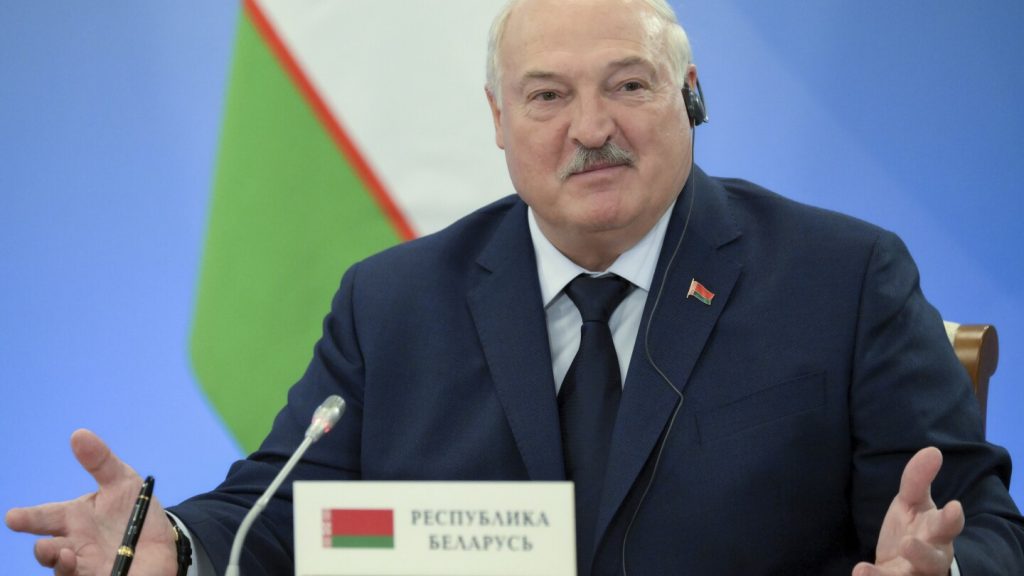The Catholic priest Rev. Henrykh Akalatovich in Belarus has been convicted of high treason and sentenced to 11 years in prison for criticizing the government. This is the first case of politically-driven charges against Catholic clergy since Belarus gained independence in 1991. Akalatovich, who has been critical of the government in his sermons, was diagnosed with cancer and underwent surgery before his arrest. Despite rejecting the charges, he has been held incommunicado, with prison officials refusing warm clothing and food sent to him.
The conviction and sentencing of Akalatovich come amidst a broader crackdown on dissent by Belarusian authorities ahead of the upcoming presidential election on January 26, which is expected to secure authoritarian President Alexander Lukashenko a seventh term in office. Akalatovich is one of over 1,200 political prisoners in the country, according to the Viasna Human Rights Center. The harsh sentence is seen as an attempt to intimidate other priests and silence dissenting voices in the lead up to the election.
Since the disputed 2020 election that saw Lukashenko win a sixth term amid allegations of fraud, dozens of clergy, including Catholics, Orthodox, and Protestants, have faced persecution. Those who supported the protests and sheltered demonstrators at their churches have been targeted by authorities. The government has been attempting to bring the clergy in line, summoning them for political talks, monitoring their online activities, and having security services regulate their sermons.
Despite the fact that Orthodox Christians make up the majority of the population in Belarus, with Catholics and Protestants forming a smaller percentage, clergy from all denominations have been affected by the crackdown on dissent. Lukashenko, who has been in power for nearly three decades and maintains close ties with Russian President Vladimir Putin, has criticized the clergy for their involvement in protests. In the past, Lukashenko has allowed Russia to deploy troops to Belarus in support of its military actions.
The sentencing of Akalatovich and the broader crackdown on clergy in Belarus ahead of the presidential election have raised concerns about the erosion of religious freedom and human rights in the country. The international community has condemned Belarus for its persecution of dissenting voices, including clergy members who have been targeted for their support of opposition movements. As the political situation in Belarus continues to deteriorate, calls for justice and respect for basic rights are growing louder.
The case of Rev. Henrykh Akalatovich highlights the challenges faced by clergy in Belarus who speak out against the government and advocate for democracy and human rights. As the government intensifies its crackdown on dissent, the role of religious leaders in promoting justice and peace in the country becomes increasingly risky. Despite the challenges they face, many clergy members in Belarus continue to speak out against repression and support the rights of all citizens to express their political beliefs freely. The case of Akalatovich serves as a reminder of the importance of protecting religious freedom and the right to dissent in authoritarian regimes.


